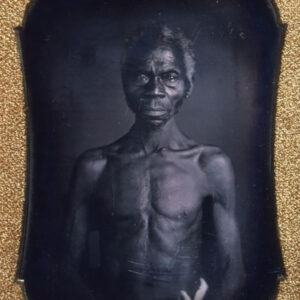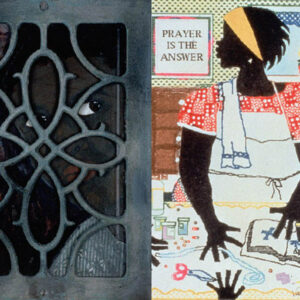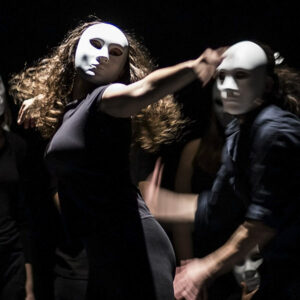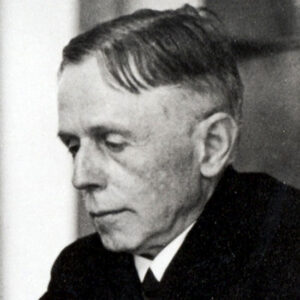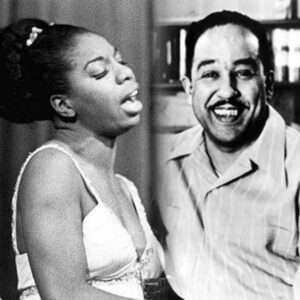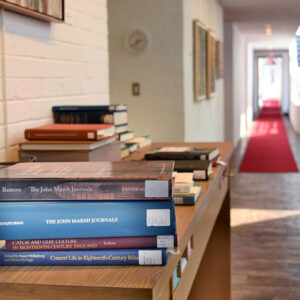
The National Humanities Center Announces 2024–25 Fellows
The National Humanities Center is pleased to announce the appointment of 31 Fellows for the 2024–25 academic year. Chosen from 492 applicants, they represent humanistic scholarship in an array of disciplines. These newly appointed Fellows will constitute the forty-seventh class of resident scholars to be admitted since the Center opened in 1978.

